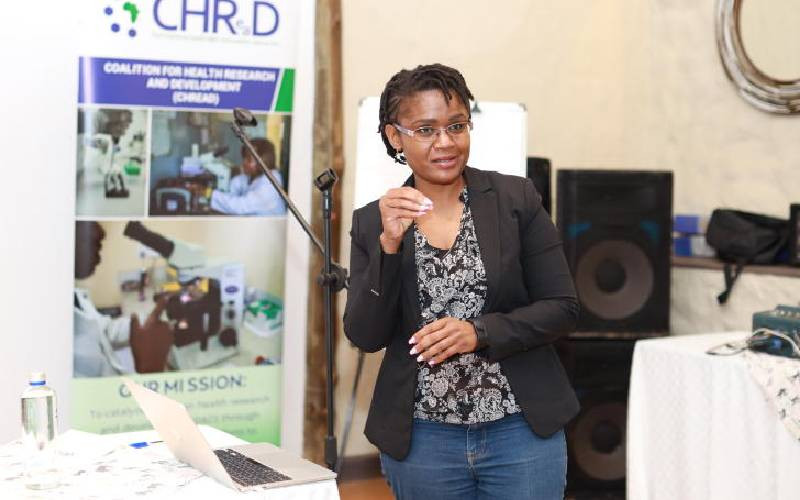
Failure to invest in preventive healthcare is taking a heavy toll on Kenyans, says a report.
The report by the African Institute for Development Policy (Afidep) says preventive healthcare, which can lower diseases such as diabetes, hypertension and cancer, has been receiving the lowest chunk of the budget, yet it is the most critical.
Afidep country head Rose Oronje called for more investment in health at the community level, and not simply waiting for people to show up in hospital.
Facts First
This story continues on The Standard INSiDER. Subscribe now for unfiltered journalism that holds power to account.
Already have an account? Login
 The Standard Group Plc is a multi-media organization with investments in media
platforms spanning newspaper print
operations, television, radio broadcasting, digital and online services. The
Standard Group is recognized as a
leading multi-media house in Kenya with a key influence in matters of national
and international interest.
The Standard Group Plc is a multi-media organization with investments in media
platforms spanning newspaper print
operations, television, radio broadcasting, digital and online services. The
Standard Group is recognized as a
leading multi-media house in Kenya with a key influence in matters of national
and international interest.











